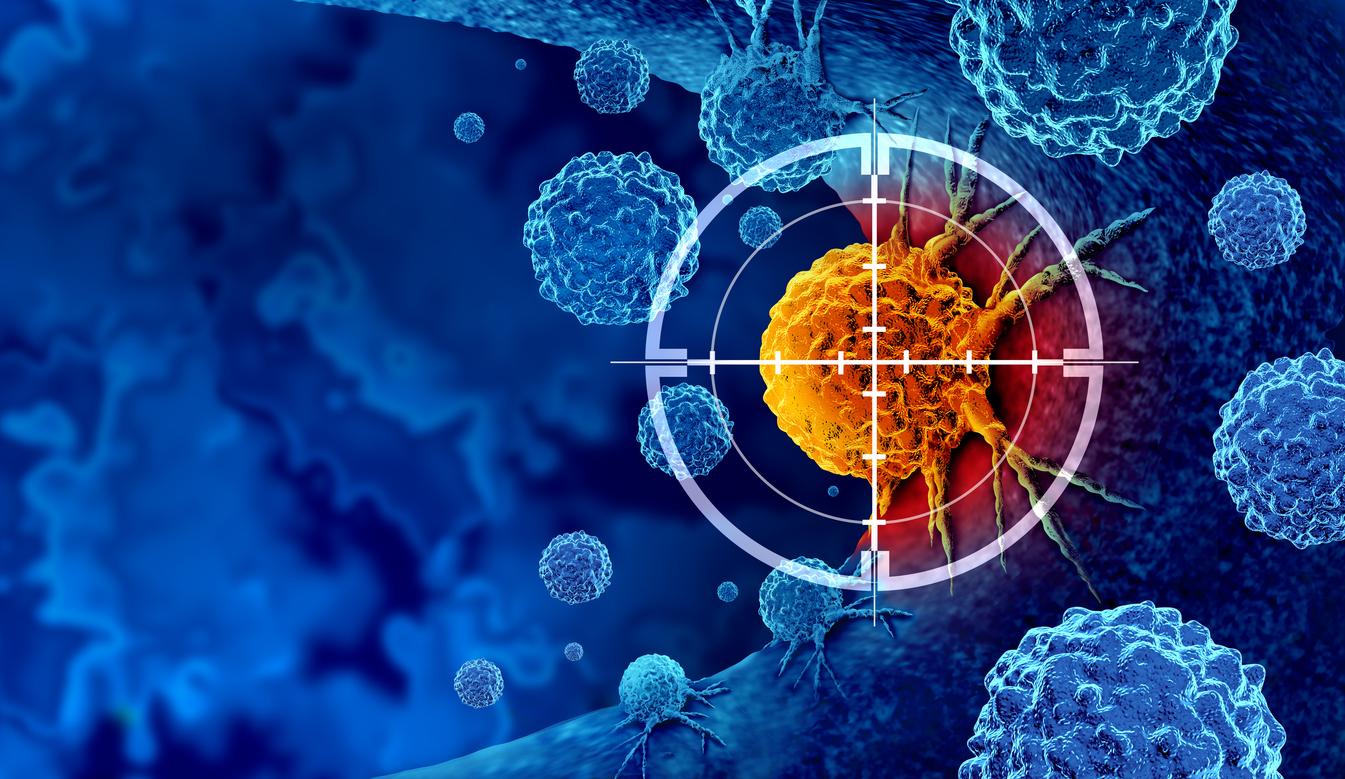
October 8, 2010 – Stress could accelerate the onset of metastases, study finds1 study conducted on mice inoculated with breast cancer.
The hypothesis of stress contributing to the appearance of tumor cells is controversial, but it could be confirmed, in part thanks to this study. The resulting observations would also help to understand why in some people more metastases are formed than in others with the same type of cancer.
For 2 weeks, mice with breast cancer were stressed by confining them to a tight spot for a few hours a day. Cancer progression and metastases were monitored from the outside with a bioluminescent product injected with the tumor. The growth of metastases was more rapid in the stressed mice, ie 30 times more, compared to the control group.
To explain this mechanism, it is suggested that, in a stressed candidate, the nervous system would send a specific signal to the immune system which would have the effect of sending more macrophage cells to the tumor.2 to fight against the intruder. The reaction of the tumor, at this moment, would be to “reprogram” the macrophages, by a particular gene, to use them in its favor, then to go and infiltrate other tissues.
To verify this, the unstressed mice were treated pharmacologically to activate the responsible nerve signal. Their metastases then increased 22 times more than an untreated control group. Conversely, already known drugs, called beta-blockers, reduced nerve signals in stressed mice, blocking the spread of metastases, which could be an avenue to explore for future preventive treatments.
The authors note that these findings highlight the importance of considering the overall health of the patient and the development of therapeutic approaches. There are many sources of stress and there are also non-pharmacological ways to reduce it, such as meditation, relaxation and certain other therapies.
Nathalie Vigneault – PasseportSanté.net
Source: Heal.org
1. Sloan EK, Priceman SJ et al. The sympathetic nervous system induces a metastatic switch in primary breast cancer, Cancer Res. 2010 Sep 15; 70 (18): 7042-52.
2. Large cell with the power to encompass and destroy large foreign bodies.

















